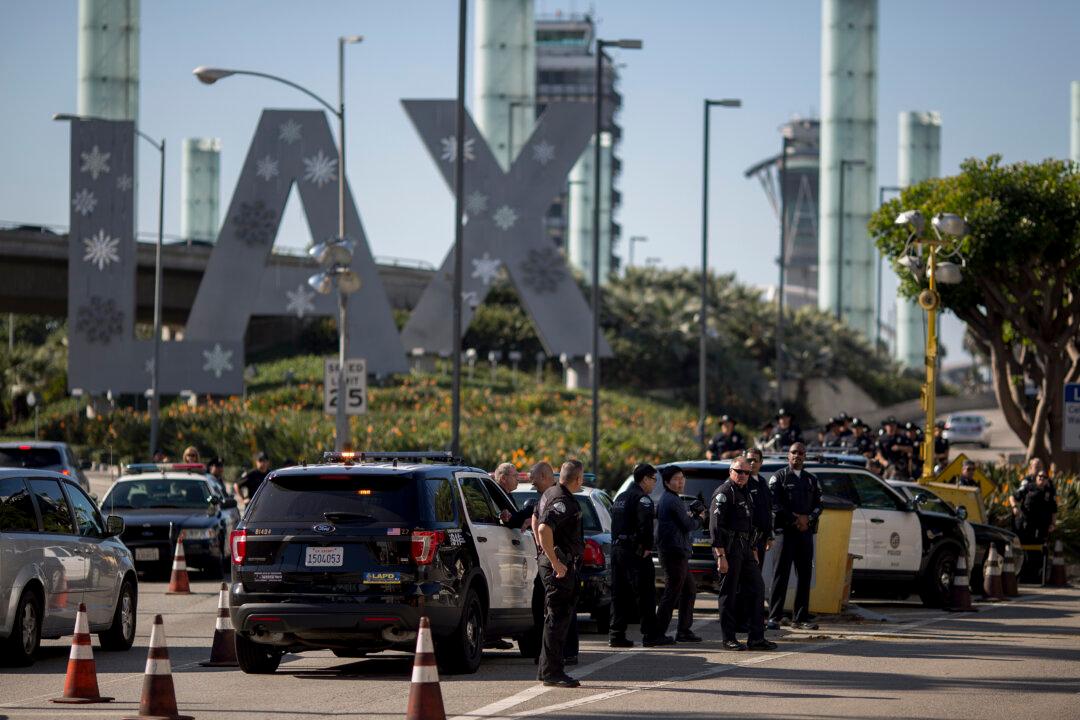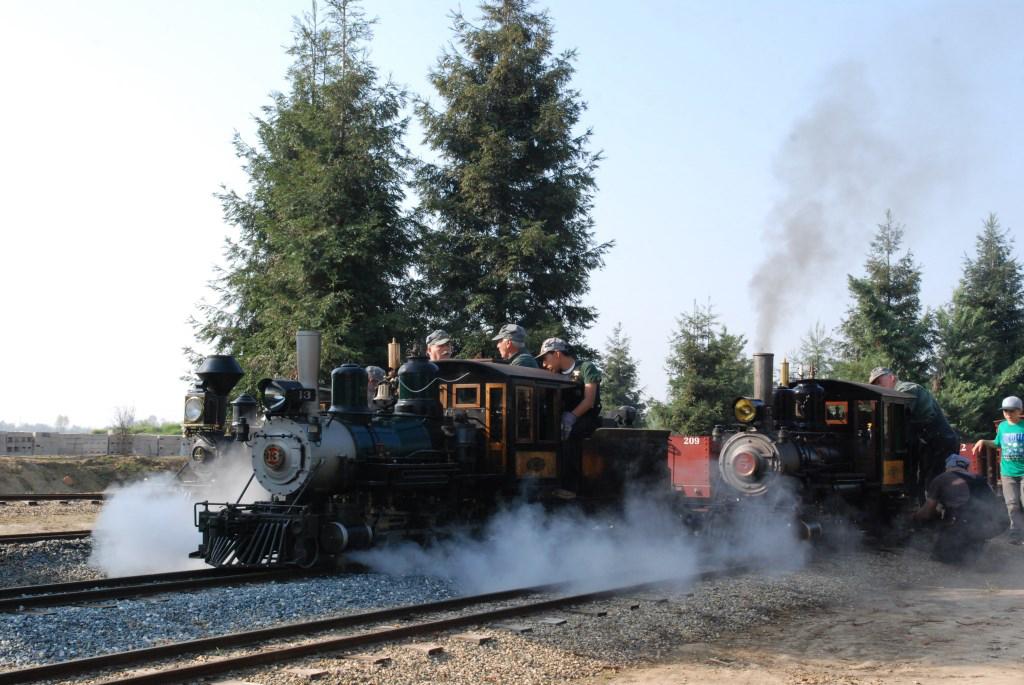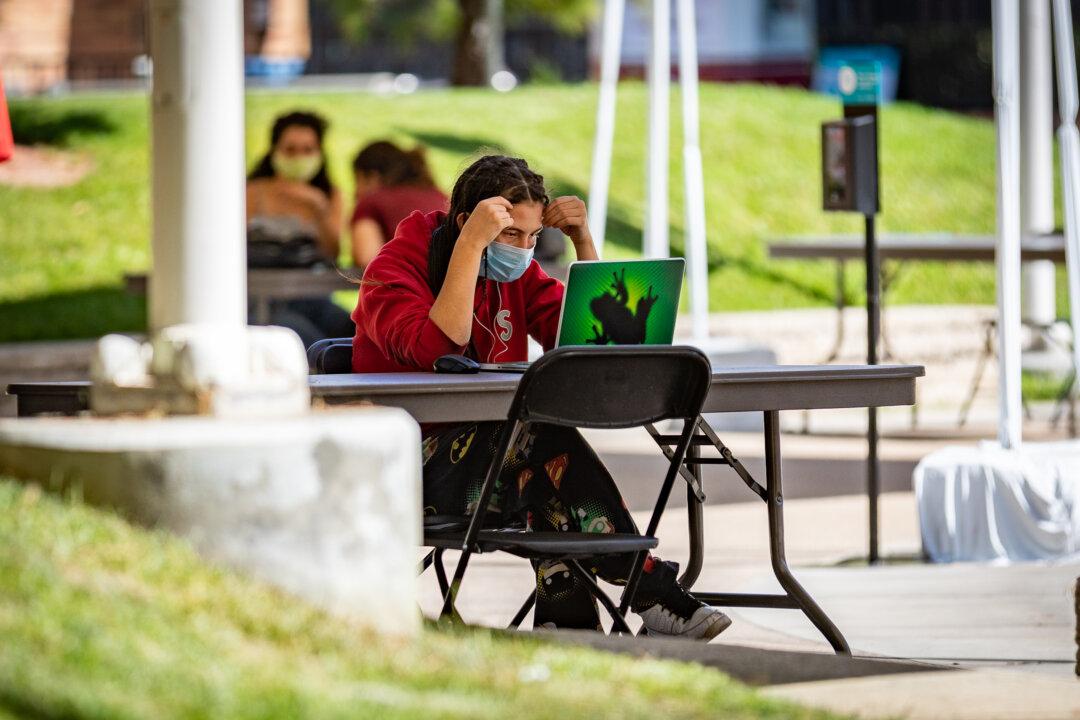Californians will decide whether to raise the statewide minimum wage in November, just months after fast-food workers’ wages were increased to $20 an hour.
The existing minimum wage in California is $16, up from $10.50 in 2017 under a law calling for incremental increases. This year’s ballot initiative, Proposition 32, has proposed raising the state’s minimum wage to $18 per hour in 2025. For employers with fewer than 25 workers, the change would take effect in 2026.





